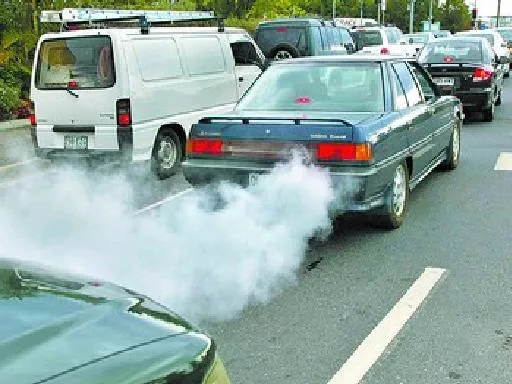IRF's Washington Programme Centre provides an update on some latest developments in the 2010 Budget plan There has been further recent action from both Congress and the White House on budget plans that will guide the Transportation Reauthorization Bill for the next six years. On 7 May, President Obama proposed large increases for rail and highways in his 2010 Budget plan, including the largest amount of funding that any President has sought for Amtrak, or for the development of high-speed rail in the Unite
July 12, 2012
Read time: 3 mins
On 7 May, President Obama proposed large increases for rail and highways in his 2010 Budget plan, including the largest amount of funding that any President has sought for Amtrak, or for the development of high-speed rail in the United States.
Some $1.5 billion was requested for Amtrak and another $1 billion for high-speed rail, in an attempt to lay the foundations for long-term growth. On 29 April, Congress passed the 2010 Budget resolution that establishes a minimum funding level of $324 billion over the next six years for highway, highway safety and transit programmes.
The $324 billion baseline established in the budget represents a 13% increase over the current programme that expires in September. The budget also includes a reserve fund to allow for an increase above this funding level to the extent it can be supported by the Highway Trust Fund.
Transportation Reauthorization Bill
Over the last couple of months, the House Transportation and Infrastructure Committee has turned its attention to the mammoth Transportation Reauthorization Bill. This bill serves as a blueprint for federal transportation programmes and spending priorities. Rep. Jim Oberstar, (D-Minnesota), Chairman of the House Transportation Committee, has said he intends to use the Bill to continue the recovery efforts initiated by infrastructure spending in the stimulus package, while also modernising the nation's surface transportation systems.
Chairman Oberstar, ranking member John Mica (R-Florida), Highways and Transit Subcommittee Chairman Peter DeFazio (D-Oregon) and ranking member John Duncan (R-Tennessee) have all agreed to an outline of the Reauthorization Bill.
Agreement is reported on the "major parameters of the bill," with the exception of how to pay for it. There will be heightened focus on intermodal travelling and 'livability' ideas, along with language to speed up the project approval process.
Another key issue in the debate will be overhauling the financing mechanism that pays for road construction and other surface transportation programmes.
Chairman Oberstar is hopeful that he will be able to win House approval of the House package by the end of June. He expressed confidence that Congress would meet its deadline for final passage of the Reauthorization Bill by September.
Highway Trust Fund
Despite the proposed funding increases for the Reauthorization Bill, many argue that it still falls short of the sums needed to maintain the current highway system in the United States. It is widely acknowledged that the present fuel tax-based financing system is unsustainable and many have proposed a gradual move towards a system based on direct user payments for miles driven.
The Obama Administration has shown initial interest in boosting transportation spending and put a down-payment in the economic stimulus package earlier this year. But the White House has repeatedly spoken against raising fuel taxes during a recession, or moving to a mileage-based tax.
But Chairman Oberstar said during a recent hearing that he believes a national vehicle miles travelled (VMT) charging system could be phased in within two years and has directed the House Subcommittee on Highways and Transit to explore this proposal further.









